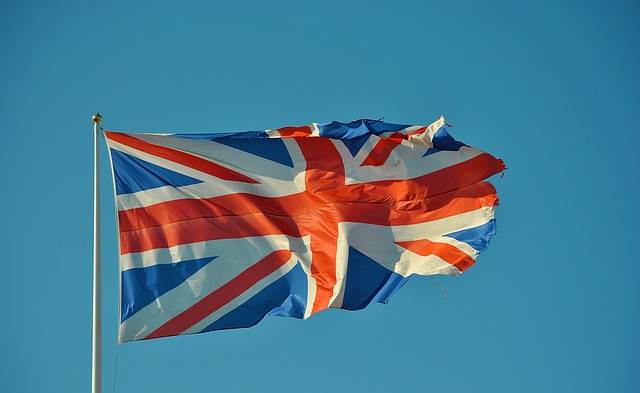A few hours ago, the Bank of England raised their interest rate for the first time in almost a decade, by 0.25%, reversing the emergency rate cut by the same amount carried out last August just after Britain voted to leave the European Union. The hike was widely expected by analysts, so had largely been “priced in” by the market, meaning the hike wasn’t expected to boost the value of the Pound by much if it happened. Shortly after the news was confirmed, the British Pound fell by more than 1% against a basket of currencies. What happened? The big story wasn’t in the headline interest rate itself, the devil was in the details, as the British say. The Bank of England release a textual statement on their view of monetary policy every month, just as most other central banks do. Today’s statement made it clear that the Bank sees a slower pace of future rate hikes over the coming month that the market consensus had been expecting, with the text stating that only “very gradual” rises should be forthcoming over the next few years, even though inflation is anticipated to overshoot the 2% target in the relatively near term.
It is still not clear whether this is going to have a long-term impact for anyone trading the British Pound. My preferred definition of a long-term, tradeable trend with an edge in Forex is something with its price either both above or both below the historical levels from 3 and 6 months ago. Using this definition, the GBP/USD currency pair has been in a bullish trend for several weeks, and still just barely meets this bullish definition. However, it is severely under threat, so long British Pound looks like a trade that is probably over now – for a while, anyway. This currency pair has been the most volatile of all the major pairs recently, making it attractive to traders, and I think this is mostly because of the constant intrigue over what kind of Brexit will eventually take place (or even whether it will take place at all), as well as the lead-up to this rate hike. The rate hike drama is over now, but the Brexit uncertainty certainly isn’t, so this will probably continue to be the most volatile major currency pair for a while longer yet.
